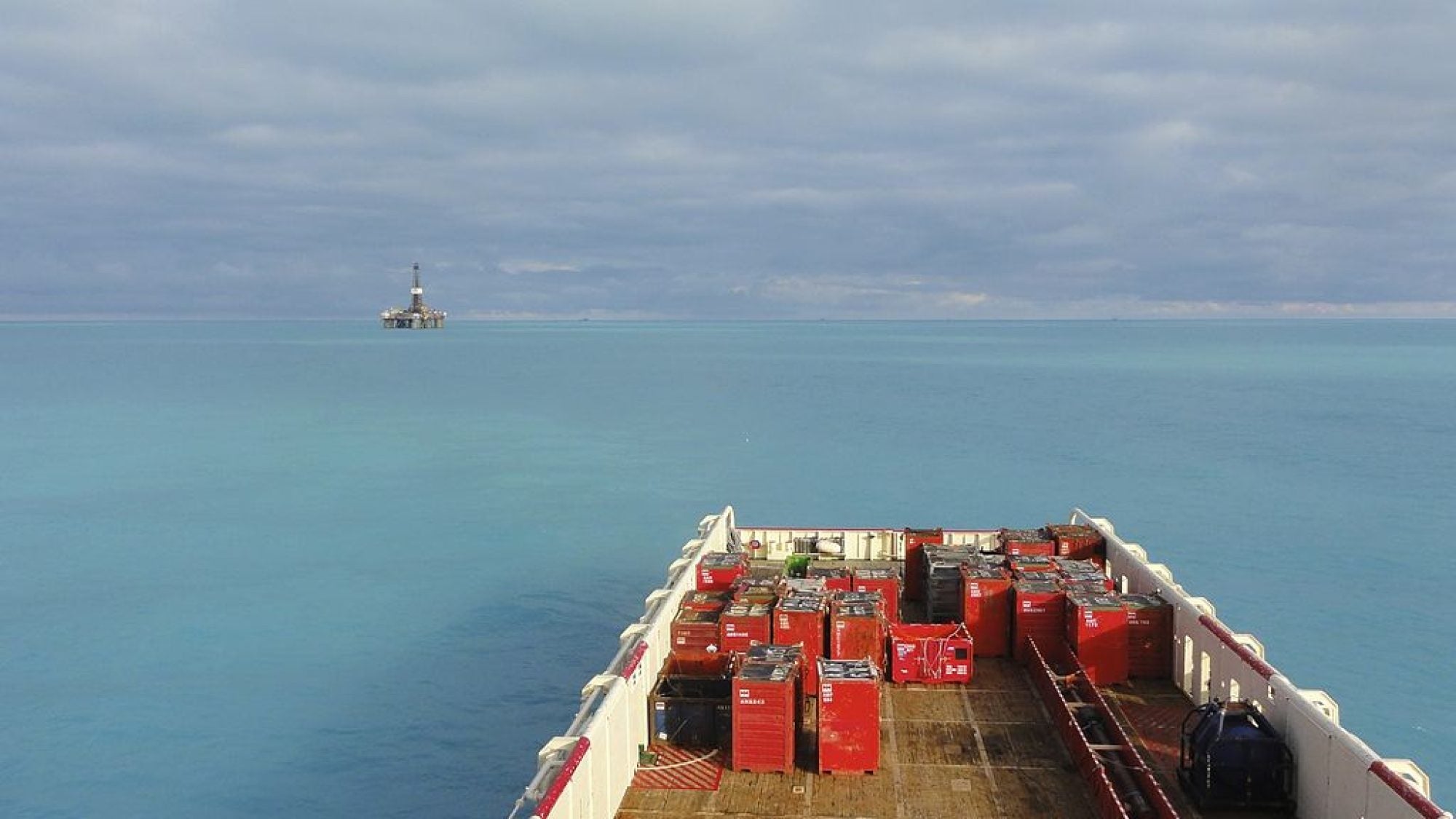The Arctic’s importance has grown by virtue of its enormous energy holdings and the prospect of increased year-round navigation due to regional climate change. The convergence of economic, social, environmental, and technological forces turned global attention to opportunities available in the Arctic in the fields of energy, transportation, food production, mineral extraction, human settlement, tourism, and exploration. The Arctic Ocean and its natural resources are increasingly important to the Russian Federation. The relative significance of the Arctic for Russia grows: prospects of offshore oil and gas exploitation, shipping, fisheries, population issues, oceanographic research and the law of the sea are at least as important as the sum of these separate aspects of Arctic affairs.
Accordingly, one main goal of Russia’s official state policy is to “expand the resource base” of the Arctic zone of the Russian Federation, which offers an opportunity to fulfill, in large part, Russian need for hydrocarbon resources, marine living resources, and other strategic raw materials. The main goal of this policy—formally unified, centralized, and coordinated by the Kremlin—is to transform the Arctic into Russia’s strategic resource base and make Russia a leading Arctic power by 2020. This study considers both this approach’s impacts and the growing Russian interests in the Arctic resources. Both factors have contributed to the impressive development of the Russian Federation in Arctic affairs and to the growing problems that the country encounters while trying to achieve its aim. These include difficulties in financing expensive Arctic energy extraction projects, lack of technology to extract resources in the Arctic environment, and difficulties in attracting foreign capital to Arctic exploration. (purchase article…)
Vlad Kaczynski is an Associate Professor at the School of Marine Affairs and Adjunct Associate Professor at the Jackson School of International Studies at UW. He is also Affiliate Professor at Nelson Mandela Metropolitan University in Port Elizabeth, Republic of South Africa. He has worked as a consultant and team leader work sponsored by the UN, USAID, World Bank, Inter-American Development Bank, USAID, and U.S. Department of Defense, as well as numerous private corporations from the United States, Korea, Australia, and Russia.
Image Credit: Olav Gjerstad, CC BY 2.0 <https://creativecommons.org/licenses/by/2.0>, via Wikimedia Commons
This is an archived article. While every effort is made to conserve hyperlinks and information, GJIA’s archived content sources online content between 2011 – 2019 which may no longer be accessible or correct.

